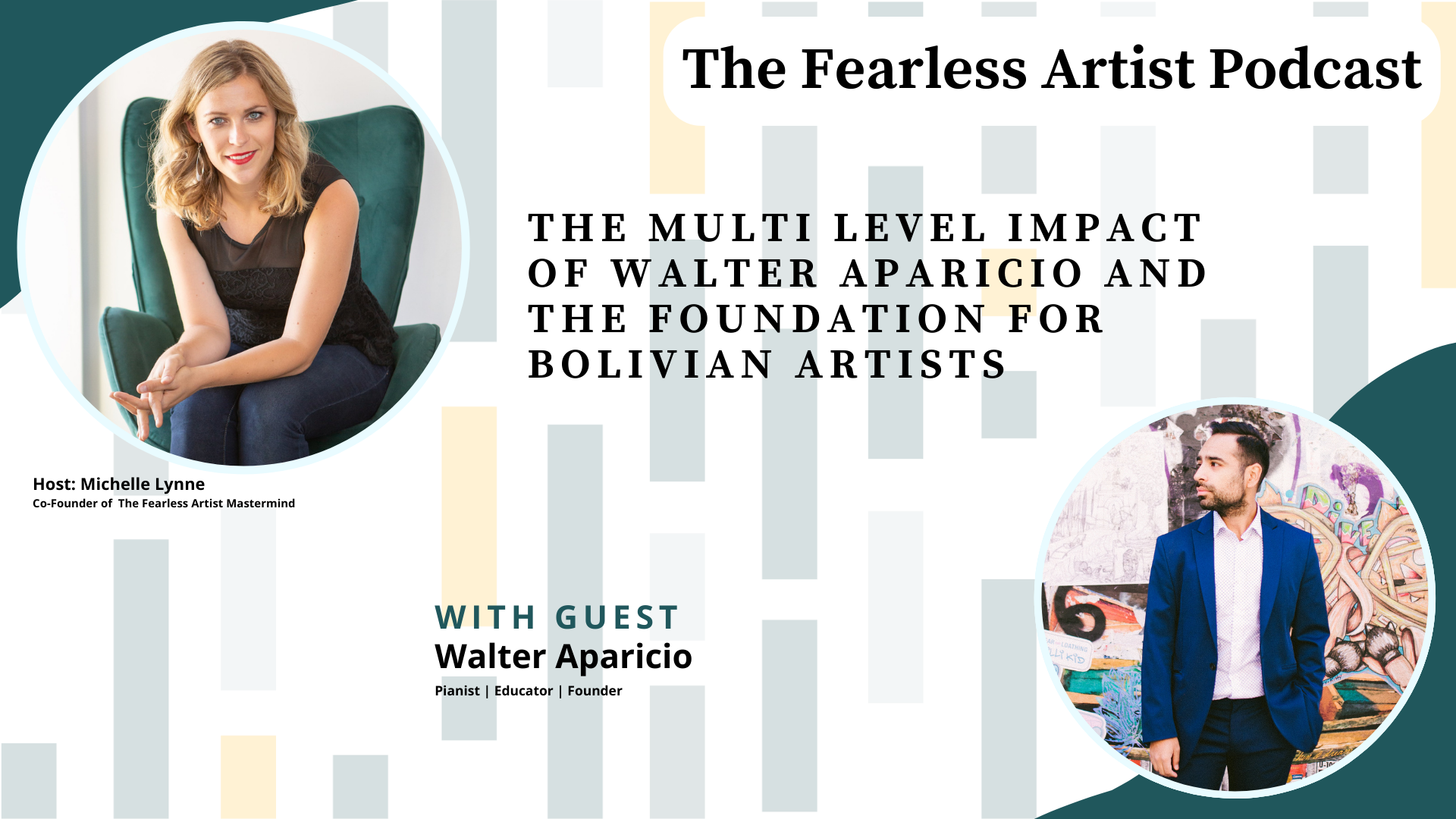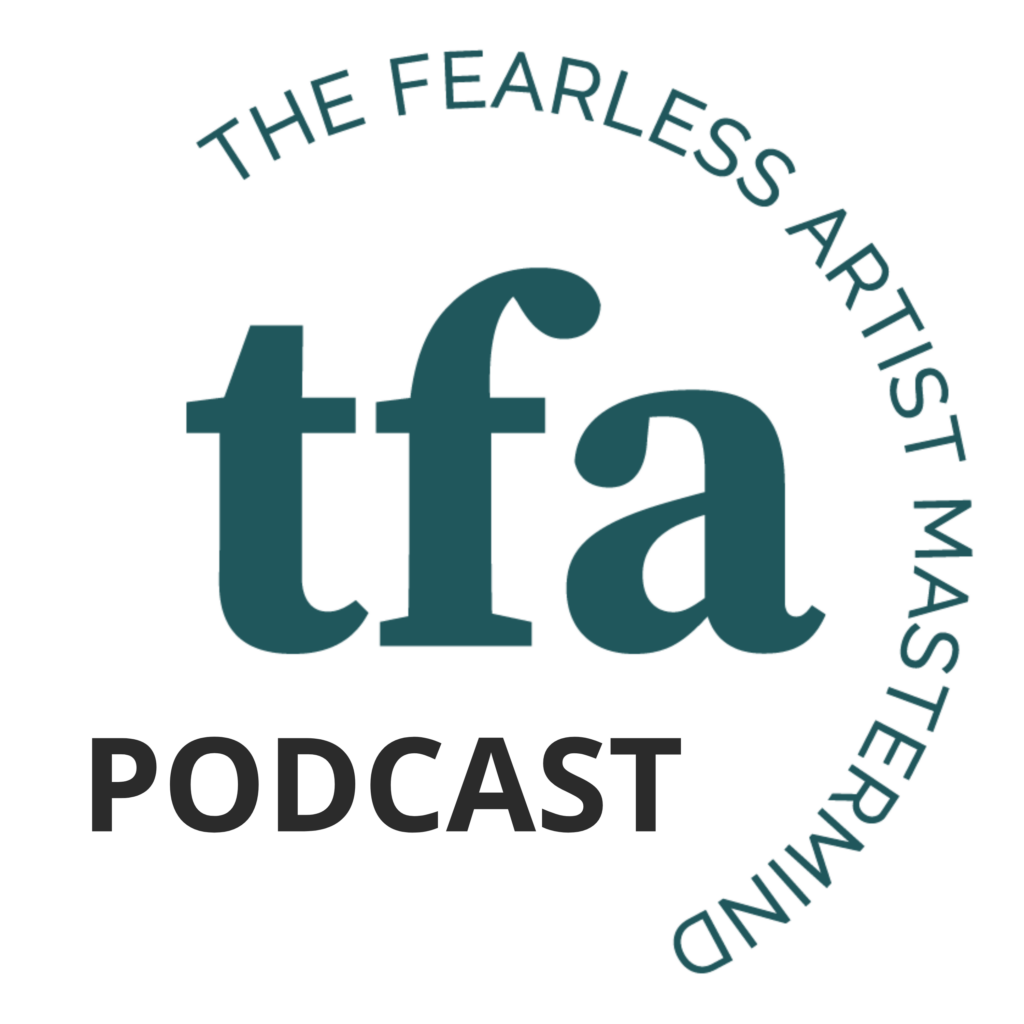The multi level impact of Walter Aparicio and the Foundation for Bolivian Artists

Guest:
Walter Aparicio
Pianist | Educator | Founder
Known for the passion and authenticity he brings to his performances, pianist Walter Aparicio has dedicated his career to championing the music of Latin America. He has conducted workshops and delivered recitals nationwide and abroad, introducing audiences to seldom-heard pieces from the Latin American repertoire, with a special focus on his homeland, Bolivia. In doing so, he forges connections to dance, language, and folk traditions, aiming to inspire inquiry on matters of cultural heritage and identity.
Most recently, Mr. Aparicio has been seen in FUTUROS: new ideas in composition at the Lincoln Center Atrium, co-presented by New Latin Wave. This program highlighted diverse voices of Latin American composing for the piano today. Other notable New York credits include alternative spaces such as the Cell Theatre, Firehouse Space, and Soapbox Gallery as well as more traditional venues like Steinway Hall, Carnegie Hall & Symphony Space. Outside of the US, he has presented performances at the American Cathedral in Paris, Russia, China, Spain, and his native Bolivia.
His debut album “Aires Indios: Piano Music of Bolivia” (MSR Classics) showcases compositions by Eduardo Caba, Simeón Roncal, and Marvin Sandi—three trailblazing Bolivian composers. Mr. Aparicio is affiliated with Cayambis Music Press, a prominent publisher of works by Latin American music. In this capacity, Walter advocates for and records the latest works from the publisher’s talented composers.
Walter serves on the Executive Board of the Piano Teachers Congress of NY where he co-chairs the 20th/21st-Century Piano Festival. Currently, he is faculty at Piano Works in Progress (NY & Vermont), Manhattan School of Music -Precollege Division and maintains a thriving private studio in Manhattan. He is staff accompanist at the Chapin School & Bank Street, School for Children. Walter holds degrees from NYU Steinhardt and Manhattan School of Music.
Breaking new ground in the nonprofit sector, Walter is the founder of Foundation for Bolivian Artists, Inc. This organization is committed to discovering, promoting, and providing support to musicians of Bolivian heritage. Through its programs, he endeavors to foster a close-knit community of Bolivian musicians, granting them visibility and underscoring the significance and unique perspective they bring from their distinct cultural background.
To learn more about Mr. Aparicio or his foundation please visit: www.walteraparicio.com or www.bolivianartistfoundation.org

Subscribe to The Fearless Artist Podcast
Intro/Outro music by Michelle Lynne • Episode produced by phMediaStudio, LLC
